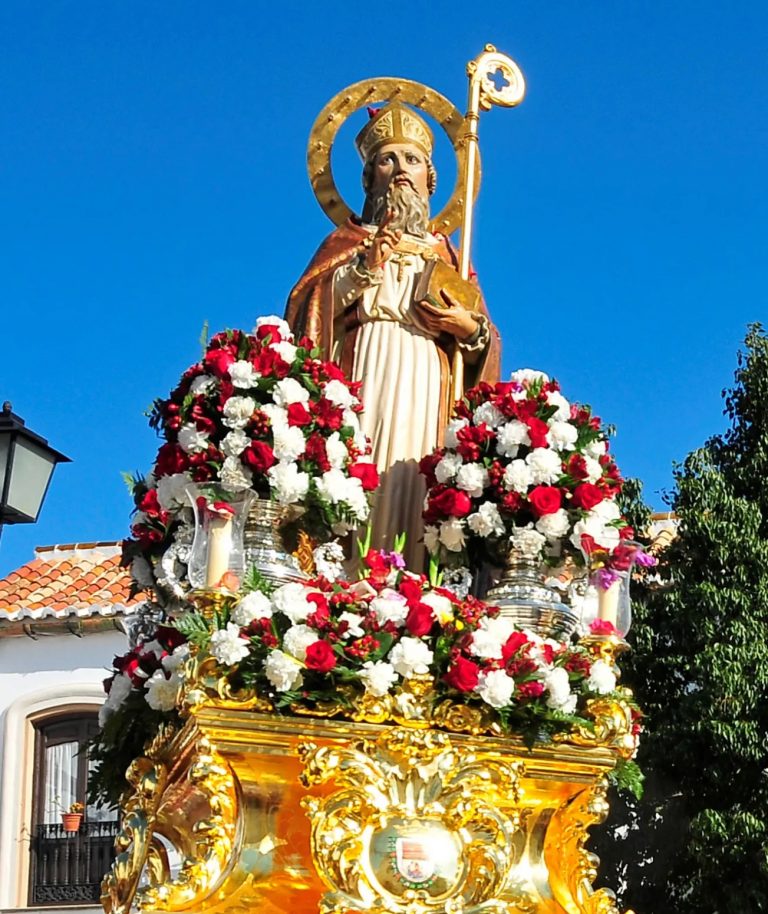Rev. José Mario O. Mandía
Today our discussion brings us to the West, to the city of Poitiers in Gaul (present-day France). It is here where Hilary was born, between 310-315 AD, to a wealthy pagan family that educated him in the classics. He was not content, however, with his paganism, and argued that man must be made for something higher. He was a man in search of the truth and so dedicated himself to study.
In his outstanding work De Trinitate (‘On the Trinity’), he narrates how he found what he was looking for. “While my mind was dwelling on these and on many like thoughts, I chanced upon the books which, according to the tradition of the Hebrew faith, were written by Moses and the prophets, and found in these words spoken by God the Creator testifying of Himself ‘I Am Who Am,’ and again, ‘He Who Is has sent me unto you’ (Exodus 3:14). I confess that I was amazed to find in them an indication concerning God so exact that it expressed in the terms best adapted to human understanding an unattainable insight into the mystery of the Divine nature. For no property of God which the mind can grasp is more characteristic of Him than being, since being, in the absolute sense, cannot be said of something that has an end or a beginning, and He who now joins continuity of being with the possession of perfect happiness could not be non-existent either in the past or in the future” (De Trinitate I, 5). This discovery led to Hilary’s baptism in 345. He became a staunch defender of the Blessed Trinity.
The faithful were impressed with Hilary’s learning and chose him as their bishop in 353 or 354, despite his reluctance, and while his wife was still alive. He became a champion of the divinity of Christ, battling against Arianism which was spreading in the West as well. It was during this period that he wrote his first work, Commentary on St Matthew’s Gospel. It is the oldest existing commentary on Matthew in Latin.
Emperor Constantius was a supporter of Arianism, so he asked all the bishops of the West to condemn Athanasius (see Church Fathers 24) who, in the East, defended Christ’s Divinity. Hilary refused to sign the condemnation of Athanasius and was banished to Phrygia (in present-day Turkey) in 356. His rejection of Arianism thus earned him the title ‘Athanasius of the West.’
Hilary’s exile was not fruitless. He used the time to study and to write. Here is where he produced his greatest work, De Trinitate. He made use of his classical education, his knowledge of Greek, his love of the Scriptures to make a solid defense of the dogma of the Trinity. Pope Benedict XVI pointed out that in De Trinitate, “reflection is transformed into prayer and prayer returns to reflection. The whole book is a dialogue with God” (General Audience, 10 October 2007).
Hilary’s presence thus caused a lot of trouble for the Arians in Phrygia. It was probably the reason for him being called ‘Hammer of the Arians.’ So the Arian bishops of that place requested the emperor to send him back to Poitiers, where he was welcomed by his people.
It must be said that despite his fierce adherence to doctrine, Bishop Hilary did everything according to Saint Peter’s recommendation: “Always be prepared to make a defense to any one who calls you to account for the hope that is in you, yet do it with gentleness and reverence” (I Peter 3:15).
He made use of his own conversion “to show that not only in the New Testament but also in many Old Testament passages, in which Christ’s mystery already appears, Scripture clearly testifies to the divinity of the Son and his equality with the Father.
“To the Arians he insisted on the truth of the names of Father and Son, and developed his entire Trinitarian theology based on the formula of Baptism given to us by the Lord himself: ‘In the name of the Father and of the Son and of the Holy Spirit’” (General Audience, 10 October 2007).
He understood that “although several passages in the New Testament might make one think that the Son was inferior to the Father, Hilary offers precise rules to avoid misleading interpretations: some Scriptural texts speak of Jesus as God, others highlight instead his humanity” (General Audience, 10 October 2007).
Saint Hilary did not only preach and write. He also composed hymns through which he could communicate the faith to the people of God.
Saint Hilary died in Poitiers, in 367, according to Saint Jerome.


 Follow
Follow


